Just how good ARE your crisis prevention and response-related plans?
We were once asked to analyzing the crisis planning done by a large private college. What we found was that they had a half-dozen plans which all fell into the general category of “crisis management.”
▪ A crisis communications plan.
▪ A disaster response plan.
▪ A shooter-on-campus plan.
▪ A facilities emergency plan.
▪ A laboratory accident plan.
All written by different people who didn’t talk to each other. Some of which would be implemented concurrently without coordination between the two. None of which dealt with the most common types of crises, i.e., ones that are primarily a reputation threat. The holes in planning were many – but also quite fixable by bringing the plans together into a unified Campus Crisis Management Plan, supported by training.
At a not-for-profit organization we audited, the plan didn’t provide for a critical component of all crisis response in our Digital Age – social media monitoring and response.
At another, for-profit client, planning failed to account for communicating with stakeholders who had widely differing cultural backgrounds and language preferences.
A Crisis Document Audit is the solution – an independent review of existing plans to determine their flaws and provide recommendations for improvement. Here at Bernstein Crisis Management, we do such audits for a very low flat fee, but whether it’s us or someone else you use for this purpose, be sure that the “auditors” have the depth of experience necessary to accurately evaluate your planning, along with the ethics to be honest with you about their findings.
——————————-
For more resources, see the Free Management Library topic: Crisis Management
——————————-
[Jonathan Bernstein is president of Bernstein Crisis Management, Inc., an international crisis management consultancy, author of Manager’s Guide to Crisis Management and Keeping the Wolves at Bay – Media Training. Erik Bernstein is vice president for the firm, and also editor of its newsletter, Crisis Manager]
– See more at: https://staging.management.org/blogs/crisis-management/2015/10/10/social-media-crisis-management-advice-and-examples/#sthash.DA9ZLRTH.dpuf















